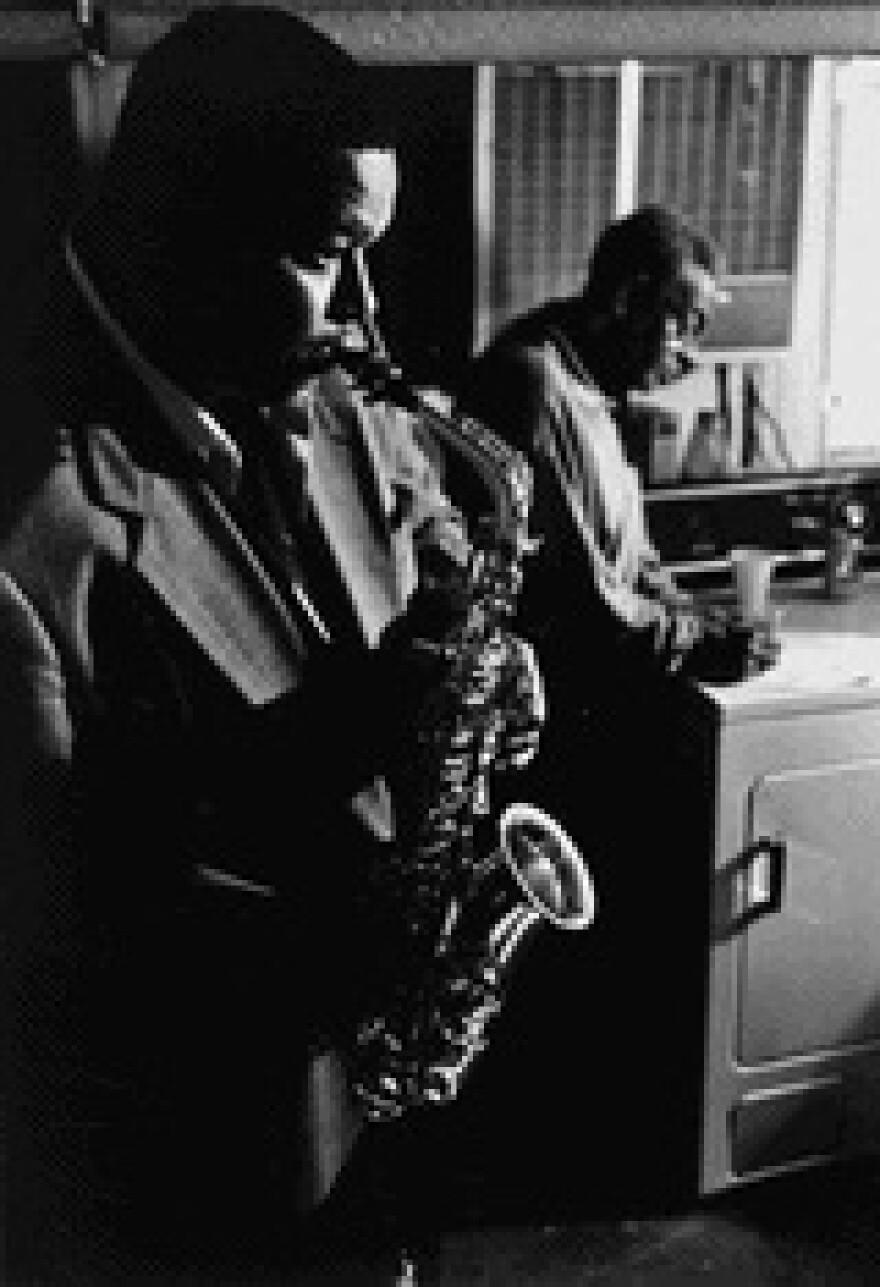Twenty-three years ago, I went out on my first reporting assignment and ended up in Amiri Baraka’s laundry room.
I was 20, learning the ropes as a jazz writer for The Philadelphia City Paper. What took me to the eminent poet and playwright’s house in Newark was a profile of a local alto saxophonist, Julian Pressley. He had a gig at the salon Baraka hosted in his basement, so I rode up the turnpike with him, taking notes all the way.

After the performance, nearing 2 a.m., I found Baraka lingering quietly in an adjacent vestibule, near the washing machine. He agreed to answer my questions, speaking mainly about the salon, which he had dubbed Kimako’s Blues People. “We’re trying to foster a self-reliant alternative culture as a reaction to popular culture,” he said.
So much has changed since that conversation, which I remember as if it happened last week. We’ve seen tragedies and triumphs, changes of the guard. I embarked in earnest on a career in music criticism, moving on to JazzTimes and The New York Times. Amiri Baraka died in 2014, several months before his son Ras J. Baraka was elected the 40th Mayor of Newark.
There’s a lot that hasn’t changed, too. I think back often to that principled idea of a “self-reliant alternative culture.” In some ways, it’s an apt description of the energy we strive to create at WBGO. It’s hardly worth pointing out that jazz — however broadly you choose to define that term, if you use it at all — constitutes just a sliver of our cultural landscape. But within those margins, there are worlds to explore, joys to savor, even miracles to be found.
Those possibilities hold the depth of our devotion at WBGO. I left the Times to spearhead a new digital initiative here in 2017, and I am proud of the work we’ve done. A big part of that has been in support of our talent both on the air and behind the scenes: our trusted Announcers, our tireless News team, the multiplatform producers of The Checkout and Jazz Night in America.
Then there’s Take Five, which has become a reliable portal to new music, and a space for WBGO-exclusive premieres. Breaking news and in-depth features have become a regular part of the package. Our historical series Deep Dive publishes illuminating essays by its anchor, Dr. Lewis Porter, and other jazz scholars. The Livestream Hub has become a resource in unsettled times. The care and commitment that go into our obituaries — not just during a pandemic, and not only for artists with big name recognition — can rightly be seen as a token of our reverence for those who make this music what it is.
Which brings me to one part of Baraka’s quote that I’ve recently begun to reconsider. When he referred to a “self-reliant alternative culture,” I think he intended to invoke self-reliance not in Emersonian terms but rather as a function of thriving community. Working at WBGO — an organization that also identifies as Newark Public Radio, relying heavily on member support — has only highlighted the essential interdependence of our jazz ecosystem.
WBGO serves the music as we serve our audience, online and on the air. It so happens that I’ve been here during a time of deepening crisis in arts journalism, across the board. The Philadelphia City Paper ran its final issue in 2015. Publications like JazzTimes struggle mightily to stay afloat. I’m aware of the privilege it is to write about this music in 2020, and to be surrounded by colleagues who care as much about it as I do.
You probably know that this organization has been unwavering in that commitment, even at a moment of historic uncertainty. It’s crucial that we keep the support coming, not only from the sustaining members who know WBGO as 88.3 on an FM dial but also from those who know us for the consistency and quality of our content at wbgo.org.
So this weekend, in lieu of a Spring Fund Drive, we’re pushing to raise half a million dollars to support our programming through the summer. I’m hoping we can exceed that goal — as a manifestation of the same grassroots energy I witnessed one unforgettable night in Newark all those years ago, at the start of a journey that pushes onward, thanks in part to you.
We will spend 72 hours this weekend raising the necessary $500,000 it will take to guarantee that WBGO will be here for you throughout the summer. Contributions of any amount make that happen. You don't have to wait. If you are able, give now.



